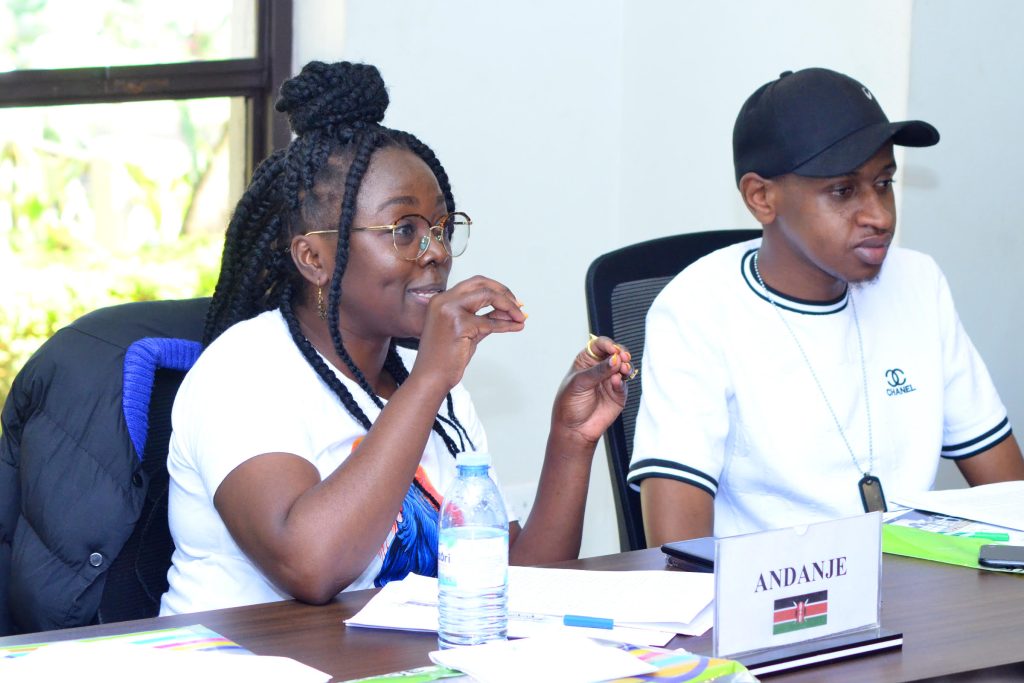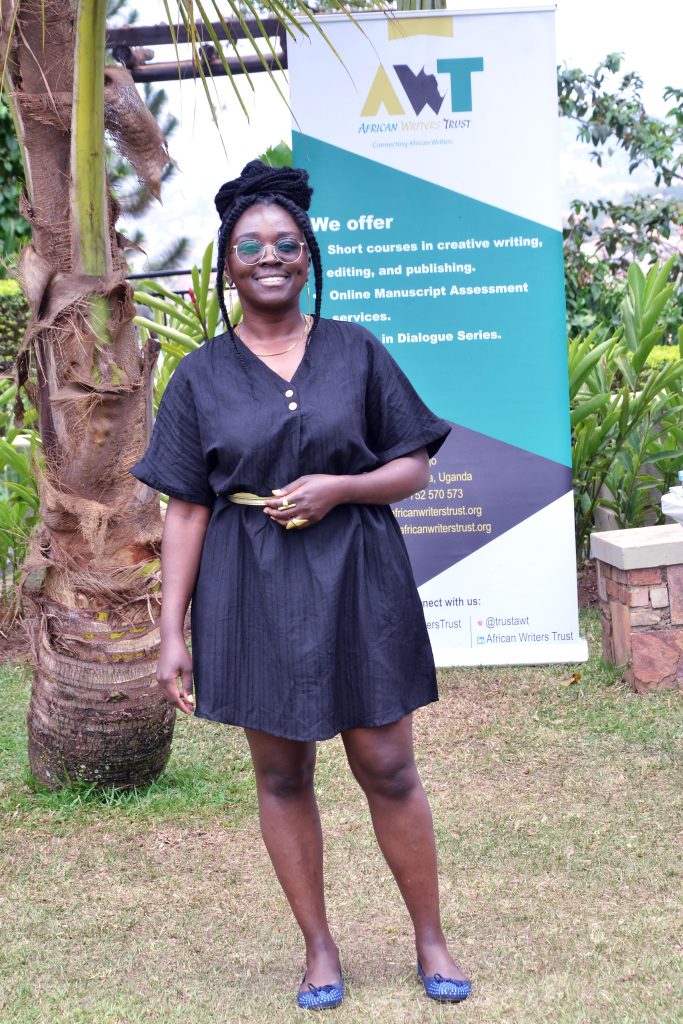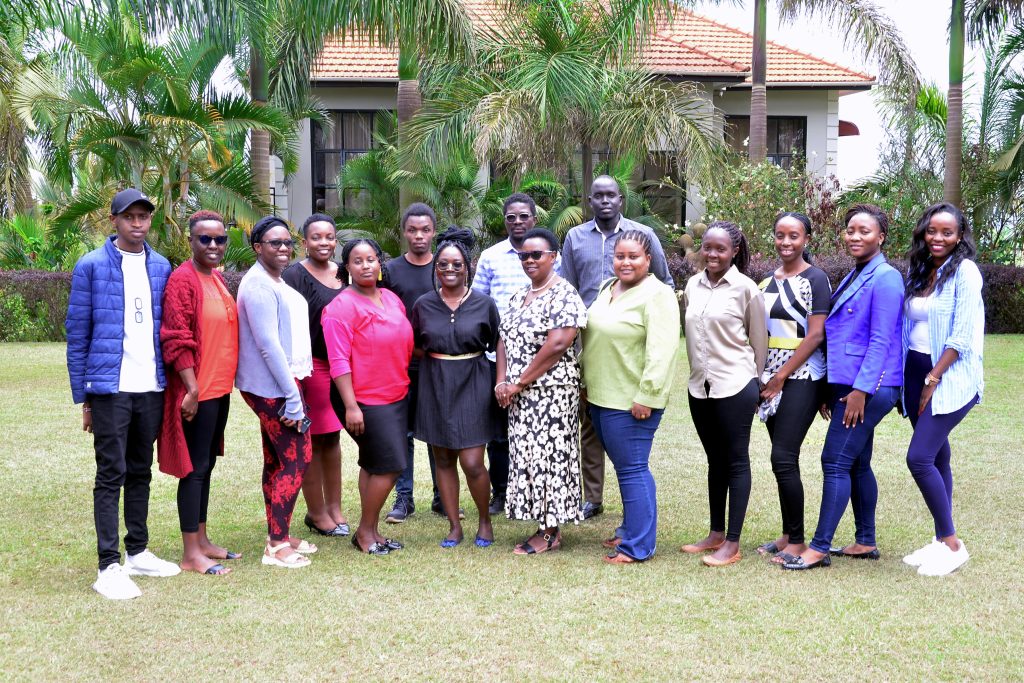
There’s nothing more tragic than a writer without a routine. When someone asked me recently about my writing routine, I stammered a bit. I’ve been out of practice with fiction for years. To clarify, I write every day—I’m an editor and product manager, after all—but haven’t touched fiction in years. You see, fiction writing is different. It’s the kind of writing that comes from the heart, the kind that needs patience, time, and dedication. The kind that, to someone like me, used to feel like a luxury or even an indulgence—something I didn’t think would ever pay the bills. So it was easy to shelve.
This changed recently, thanks to a course hosted by the African Writers Trust (AWT) from the 15th to the 20th of October, 2024. It was one of those serendipitous moments: I saw a call-out on Instagram, prepared an excerpt from a story I’d been tinkering with for years—just tweaking sentences here and there whenever I felt inadequate as a writer—and submitted it. Somehow, it worked. I got the place.
I had earned a trip to Uganda for AWT’s Short Course on the Writing Craft, Editing Process, and the Business of Publishing.
The journey to Uganda was uneventful, except for the part where a passenger kept telling the Kenyan driver, “pack there.” The driver and his co-driver, obviously confused, kept asking him to specify which stage he wanted to alight from. In Kenya, it’s simple; you just say “shukisha,” and the driver knows where to stop. Little differences like this reminded me that, despite how similar we are across borders, there are nuances that make each place unique.
I arrived at 360° Hotel at exactly 10:10, a spot perched on a hill offering a spectacular panoramic view of Kampala below. Within half an hour, I was checked into my room with its glass double doors, and after 13 hours on the road, I headed straight to bed.
At 6 p.m., it was time to meet everyone. There were four Kenyans, five Ugandans, a South Sudanese, a Sudanese, a Motswana (I learned from TikTok that one person from Botswana is called a Motswana, while two or more are Batswana), and a Burundian. That first night, we were given copies of each other’s stories, and one participant could already match authors to their stories without having spoken to us. I was amazed by their perceptiveness. I am the type who needs a long conversation to really get to know someone, but here were people identifying each other’s voices on the page alone.

The official workshop started bright and early the next morning. We discussed crafting a good story, the importance of voice, and the value of simplicity. That afternoon, we moved into one of my favorite parts of the entire training: the peer review session. My story was the first on the chopping block.
“Overly descriptive text slows down the story,” someone said.
“Work on language clarity,” added another.
One participant, who loves stories with a slow build-up, said they liked the pacing, calling it “a foreplay for a story that’s coming.” But the consensus was clear: in a short story, I couldn’t afford to fuck around. By the end of the session, I’d learned an important lesson—when it comes to short fiction, every word has to pull its weight.
The next three days followed a similar format: mornings of lessons and afternoons of feedback. We covered topics I’d only brushed the surface of before: finding a literary agent, when to self-publish versus going the traditional route, and the fine print of copyright. On the last day, Joel Billionaire led a session on understanding the book production process—a topic especially close to my heart since I hope to start a publishing wing for Kalahari Publishers soon.

Over the week, we spent hours dissecting each other’s work, delving into what we cared about, and debating politics and culture—all punctuated by generous servings of Ugandan cuisine. It was a very good week, though I wish we’d had more time to work on our manuscripts and explore the city. I would have loved to wander the streets of Kampala, visit the local markets, or see the museums—but still, it was an experience I’ll treasure.
A few days after returning home, I found myself reflecting on the week and oscillating between two feelings: Damn, I’m a good writer, and What makes me think I can write at all? I suppose that’s the dance all writers—great and small—must take.
I am back to writing fiction. As we speak, I’ve assembled a few short stories, including one I wrote just two days ago. Thanks to AWT and the incredible facilitators, Goretti Kyomuhendo and Otieno Owino, I’ve found my way back to my first love: fiction.
Andanje Wobanda is a lover of everything art. She is the founder of Kalahari Publishers, a digital publishing company based in Nairobi, Kenya.


